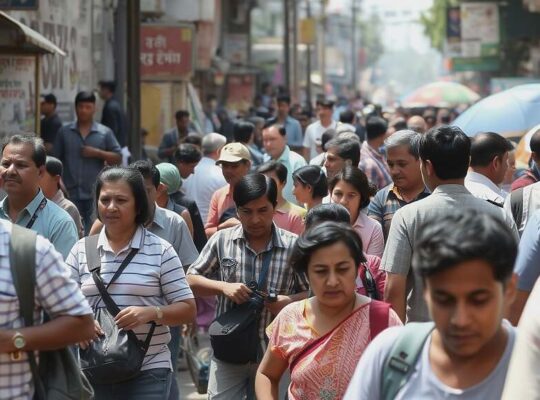Internal divisions are emerging within the German government over a proposed European Union ban on terms like “Veggieburger” sparking a debate about consumer rights, agricultural protectionism and the potential for unnecessary bureaucratic overreach. Justice and Consumer Protection Minister Stefanie Hubig of the Social Democratic Party (SPD) has voiced strong opposition to the measure, warning against what she termed a “culture war” over food labeling.
The EU Parliament recently voted in favor of restricting terms like “steak” “schnitzel” “hamburger” and “sausage” to products derived from animal sources, effectively prohibiting plant-based alternatives from using these descriptors. While the ban’s implementation hinges on approval from member states, Germany’s stance remains uncertain due to escalating disagreements within the governing coalition.
Hubig argues that consumers are already capable of distinguishing between vegan, vegetarian and meat-based products, rendering the ban superfluous. She further stressed the significant administrative costs such regulations would impose on both industry and retailers, without providing demonstrable benefits for consumers.
Hubig’s position directly challenges the views of Chancellor Friedrich Merz (CDU) and Agriculture Minister Alois Rainer (CSU), who previously signaled their support for the prohibition. This divergence highlights a growing tension between proponents of stricter agricultural protectionism, primarily within the conservative bloc and those prioritizing consumer choice and market flexibility.
Criticism has also come from within the SPD’s own parliamentary group, with agricultural policy spokesperson Franziska Kersten dismissing the debate as “completely unnecessary”. Kersten raised concerns about the potential disruption to established branding and the ensuing economic consequences for companies having invested in developing their products. She questioned the logic of restricting commonly used descriptive words, playfully suggesting a potential future where even “scouring milk” could be off-limits.
The controversy underscores the broader political maneuvering surrounding the regulation of alternative protein sources in Europe, with implications for both consumer rights and the viability of rapidly growing plant-based industries. Germany’s ultimate decision on whether to support the ban will be a key indicator of the direction European agricultural policy will take.












